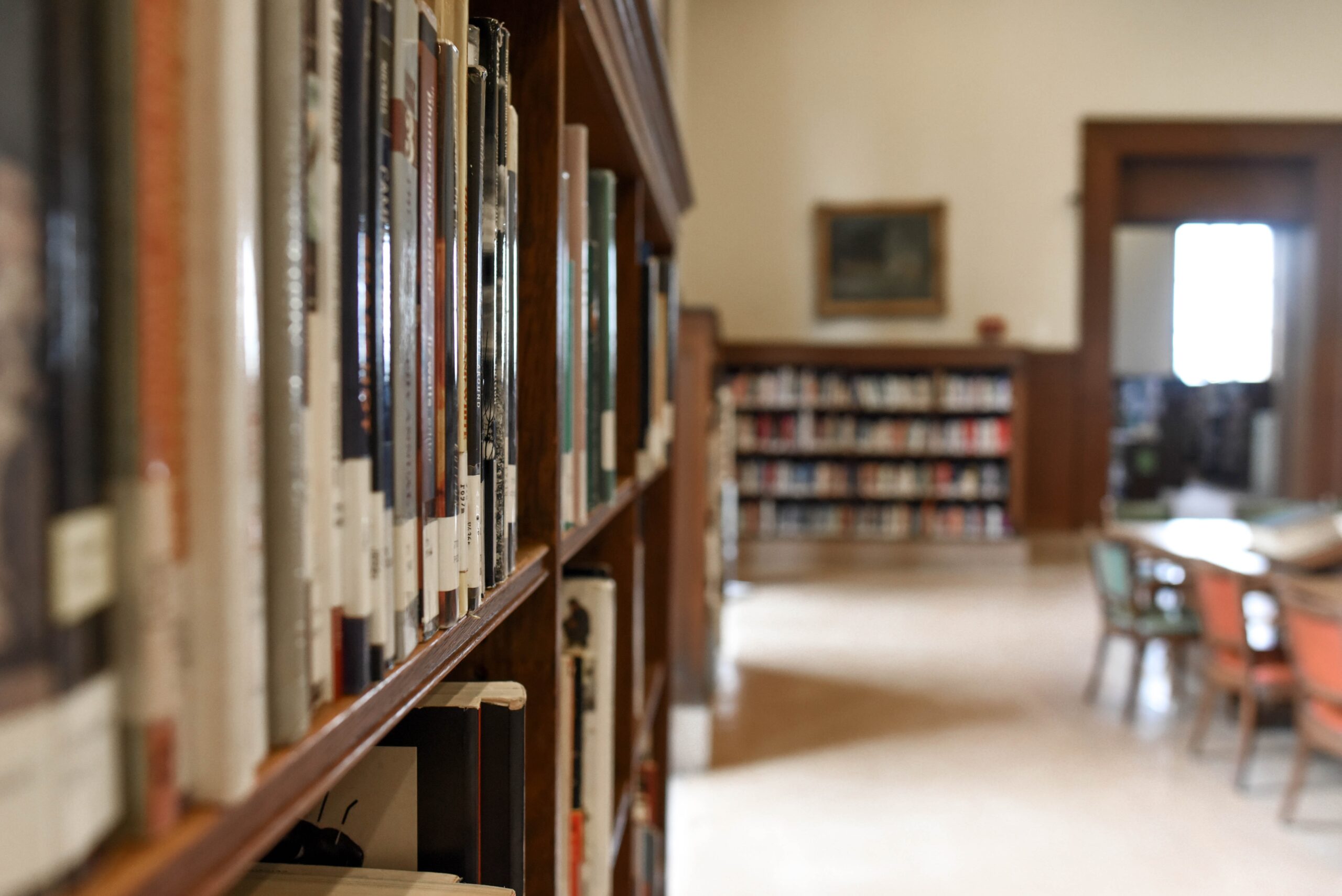Governors and state legislators are introducing legislation to prevent college campuses from teaching about the ongoing legacy of racism or the presence of LGTBQ individuals among our community. Some of these new “gag laws” forbid academic programs, courses or even syllabus readings on these topics. Some restrict campus training efforts on cultural sensitivity. Others forbid the hiring of diversity, equity and inclusion (D.E.I.) officers on campus.
The “what ifs” are startling. Some of these proposed laws would remove partial or all state funding. Others enable third parties—such as students or outside organizations—to sue the campuses for damages. In cases where state authorities have a voice in choosing the board or the president, those individuals’ employment is put at risk.
To date, gag laws have gone into effect only at public universities. Attempts to subject private universities to these proposed laws have failed in the state legislatures. Fresh attempts to target private universities are being made, however.
For us, this is also a matter of freedom of religion.
The Association of Catholic Colleges and Universities (A.C.C.U.) is monitoring this legislating across the nation. We do so because even more is at stake for the nation’s almost 200 Catholic universities than the traditional practice of academic freedom and the constitutional protections around freedom of speech. For us, this is also a matter of freedom of religion.
Catholic Social Teaching (C.S.T.) is a body of teaching within our faith tradition focusing on the questions of how we should live together in this world. By applying our centermost religious conviction of a loving, self-sacrificial God to the social order, C.S.T. reflects not only on the ways all of us are affected by the social structures we create, but what we should do make sure that the dignity of every person is respected.
The 1971 Synod of Bishops said it this way, “Action on behalf of justice and participation in the transformation of the world fully appear to us as a constitutive dimension of the preaching of the Gospel.”
Pope Leo XIII is considered the originator of modern Catholic social teaching in his document “Rerum Novarum” on the right of labor to organize. Popes and bishops’ conferences since that time have issued teaching documents on nuclear strategy, economic systems, political systems, racism, abortion, human trafficking, the inviolability of national boundaries, and most widely known in the present, the climate, in Pope Francis’ encyclical “Laudato si’.”
In the end, we want our graduates to have thought long and hard about the social structures in which they will live and work
To be sure, Catholics are hardly of one mind or even on the cutting edge on these matters, but the internal debate helps the teaching evolve over time. One sees this even in the teachings on racism and homophobia, currently the targets of these gag laws. The church’s support of the slave trade, for example, was countered by church leaders and scholars going back to Saint Ambrose, until it finally gave way to condemnation by Leo XIII and Pope Saint John Paul II’s historic 1985 apology.
Recently, Pope Francis added to church teaching on homosexual individuals when he called for the world to remove the designation of “crime” simply for identifying as such, saying this social structure perpetuated violence toward these individuals. “It is not the first time that I speak of homosexuality and of homosexual persons,” the pope wrote in a letter to Outreach, “and I wanted to clarify that it is not a crime, in order to stress that criminalization is neither good nor just.”
At Catholic universities, Catholic Social Teaching is an active area of intellectual analysis and vigorous debate. Catholic scholars actively write on these topics. They give courses in Catholic Social Teaching. At many of our institutions, Catholic Social Teaching is touchstone for the ways we structure our organizations and among the explicit goals we set for students’ educational outcomes.
In the end, we want our graduates to have thought long and hard about the social structures in which they will live and work, and to have done so in conversation with a faith tradition that brings critical insights to bear. It would stifle Catholic universities’ religious goals to forbid us to discuss these topics, program for them or educate our students about this social tradition, or to require us to change employee policies and training that we believe supports the dignity of each human person.
In effect, government would be reaching into our religious activity and choosing for us which tenets of our faith we could or could not teach. Ironically, these gag laws would limit our religious liberty.
I am neither a theologian nor a constitutional scholar, but I know this much: The founders of our country intended that religious organizations should be free to practice their faith as they see fit. Should these new gag laws be placed upon our institutions, there is basis for us to push back using the Constitution itself. For us, this is also a matter of freedom of religion.
This essay was adapted from a letter sent to A.C.C.U. members by Father Holtschneider.



